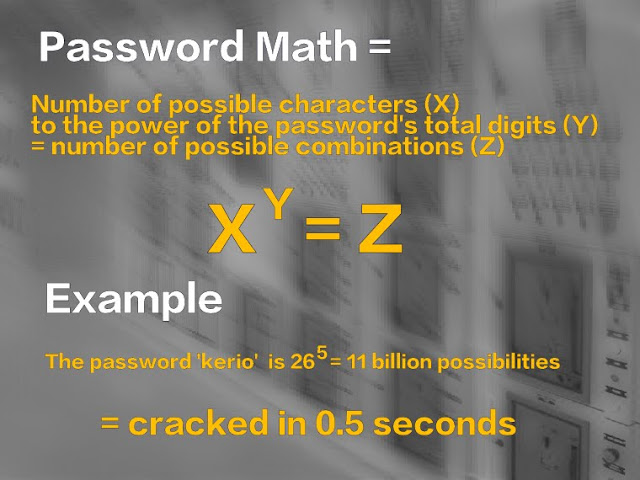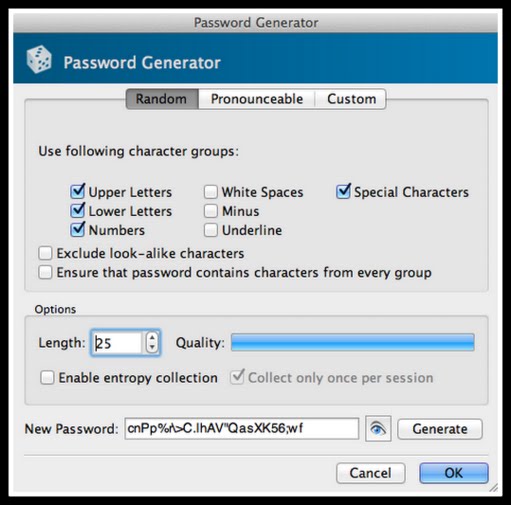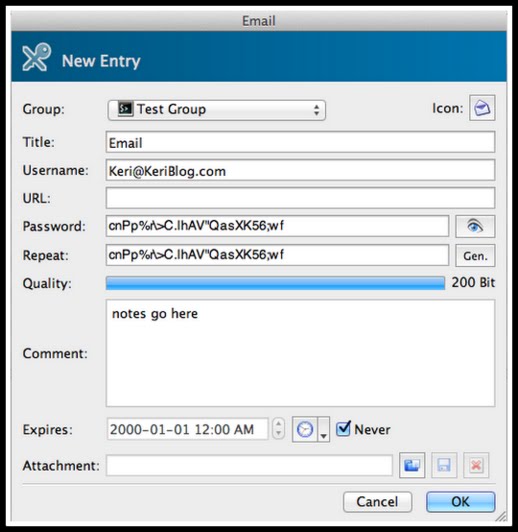Spotted in an American airport.
So very predictable.
Why go to all the trouble and cost to print this – on good card stock at that – but why not add a little effort and create proper logins & passwords? And print only monthly? I wouldn’t connect to this network.
Remember, airport WiFi is the most dangerous network in the world.
Airport WiFi looks like this – here
It’s the most dangerous network in the world – here
Which is why I don’t use it – here










